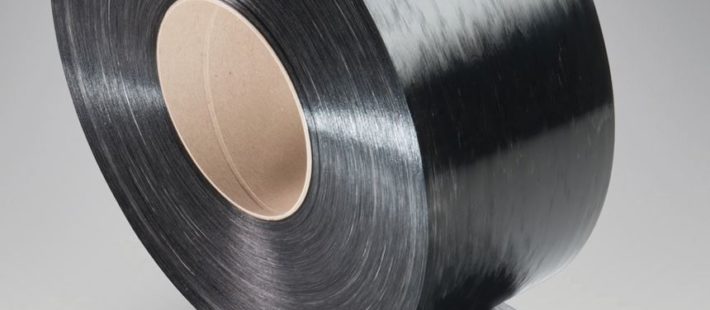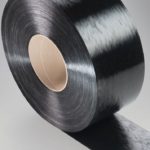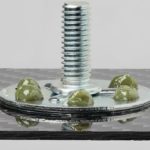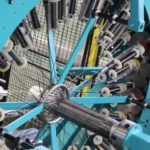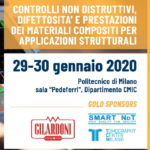For more than 30 years leading material suppliers use the CAMPUS database to support their customers with important and high-quality material data of their materials.
Due to a consequent compliance of test standards, CAMPUS (Computer Aided Material Preselection by Uniform Standards), a material information system for the plastics industry, provides the best data quality worldwide. This measure ensures comparability of the participants’ data. So far, CAMPUS provided mainly data of injection moulding grades. Continuous fiber reinforced thermoplastics were excluded, since there no industrial wide standard characterisation for this material group. Since 2015 an AVK task force of material suppliers, under the umbrella of AVK – Federation of Reinforced Plastics (AVK), concerns itself with this topic. Its main goal is to formulate a generally accepted procedure for characterizing continuous fiber reinforced thermoplastics, and if not already existing, standardize procedures on an international scope. Well-known manufacturers are collaborating directly within this task force (Arkema, Bond Laminates/Lanxess, Covestro, DSM, Evonik, Mitsui Chemicals, Profol, Sabic, Solvay). The Institut of Composite Materials (IVW), a non-profit research institution of the state of Rhineland-Palatinate and the Technical University of Kaiserslautern, does leadership and scientific supervision. Furthermore, a close exchange with a commitee of automotive OEMs (BMW, Daimler, Ford, Opel …) exists.
Great progress was achieved in the meanwhile, leading to results allowing incorporating the group of cFRTP into CAMPUS. The operating companies of CAMPUS could be convinced of meaningfulness of the proposed test procedures and gave their ok for an integration. Just in time for the plastic exhibition K from October 16th to 23th in Düsseldorf the extended version of CAMPUS with material data of continuous fiber reinforced thermoplastics will be unlocked for open access.
In the first step, significant properties to describing basic material characteristics are accessible. This allows users to choose and design preliminary components on base of these properties. Beside product information (like supplier, manufacturing, etc.) mechanical properties (like stiffness and strength, etc.), thermal properties (like lin. coefficient of thermal expansion, etc.) as well general material properties (like density, etc.) can be found. Future steps shall extent the functionality especially in regard of the data usage within CAE-software.
Source: AVK


